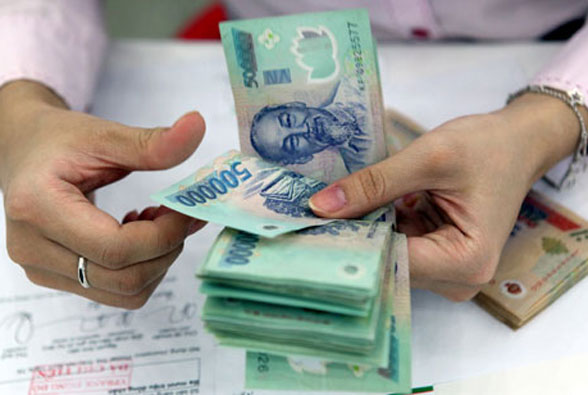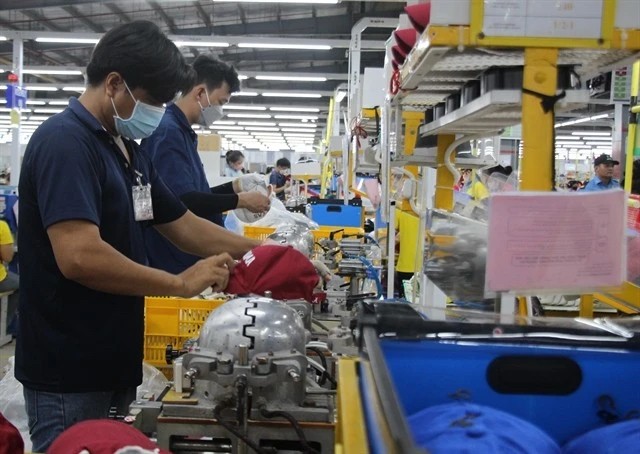Foreign enterprises call for less frequent wage increases
VNF - Many foreign-invested companies in Vietnam proposed that the government reduce the frequency of minimum wage increases so they would have time to prepare themselves.
 |
Nguyen Chi Thanh, chief financial officer of French company Scavi, said that the company has member companies in many provinces in Vietnam, including Dong Nai, Lam Dong, and Thua Thien Hue, with about 10,000 employees in total, so labour costs will increase remarkably after the new minimum wage comes into effect.
For example, at the plant in Bien Hoa in Dong Nai, as per the new regulation, the company will have to spend an additional VND200 million ($9,300) on its 1,000 employees’ wages.
“So many increases in such a short period of time in recent years have caused difficulties for the company,” Thanh said, adding that not only did wages increase, but the company’s expenses on social and medical insurance of employees have also been increasing.
AkzoNobel and Bosch Vietnam, though not having as many employees as Scavi, said they also saw a big increase in labour costs.
Thanh said that in recent years, the Vietnamese economy has been growing at less than 10 per cent per annum and decelerating, yet the minimum wage has been rising at more than 10 per cent a year. He said that these tendencies are unreasonable and make it difficult for companies, especially small and medium-sized ones.
“Small and medium-sized companies make up most of the Vietnamese business environment. There should be more time between consecutive increases, giving enough time for companies to adjust,” Thanh said.
Thanh also noted that Scavi sent a document to Vietnam Textile & Apparel Association, which is gathering opinions from companies in the sector to make a proposal to the government about widening the gap between minimum wage increases.
“Textile and garment companies in Vietnam have to spend a bigger percentage of their earnings on insurance and other fees than in rival textile and garment producing countries. Without support, including widening the gap, Vietnamese textile and garment companies will find it hard to compete internationally,” he added.
A representative of the Japan Business Association in Vietnam commented that the annual minimum wage increase should also be based on the expected economic growth for that year, adding that too large an increase would restrict companies from hiring.
Thanh said that the Vietnamese textile and garment industry saw growth in the past years but has been constantly underachieving expectations.
“Growth used to be 14-15 per cent a year, but now it is only one third of that,” Thanh said. “In this context, companies need more support to increase competitiveness. There should be careful consideration before each minimum wage increase.”/.
VNF/Báo Đầu tư English
Recommended
 National
National
Vietnam News Today (Jun. 7): Prime Minister works with Estonian firms to accelerate projects in Vietnam
 National
National
Vietnam News Today (Jun. 6): Foreign Investment in Vietnam Surges in Five Months
 National
National
Vietnam News Today (Jun. 5): PM sets off for attendance at UNOC 3 in France, official visits to Estonia, Sweden
 National
National
Vietnam News Today (Jun. 4): Vietnam - Promising Candidate for Southeast Asia’s Next Powerhouse
 National
National
Shangri-La Dialogue 22: Vietnam Highlights Some Issues of Ensuring Stability in a Competitive World
 National
National
Vietnam News Today (Jun. 3): PM Pham Minh Chinh to Attend UN Ocean Conference, Visit Estonia, Sweden
 National
National
Vietnam News Today (Jun. 2): Vietnamese Trade Mission Sounds Out Business Opportunities in United States
 National
National
